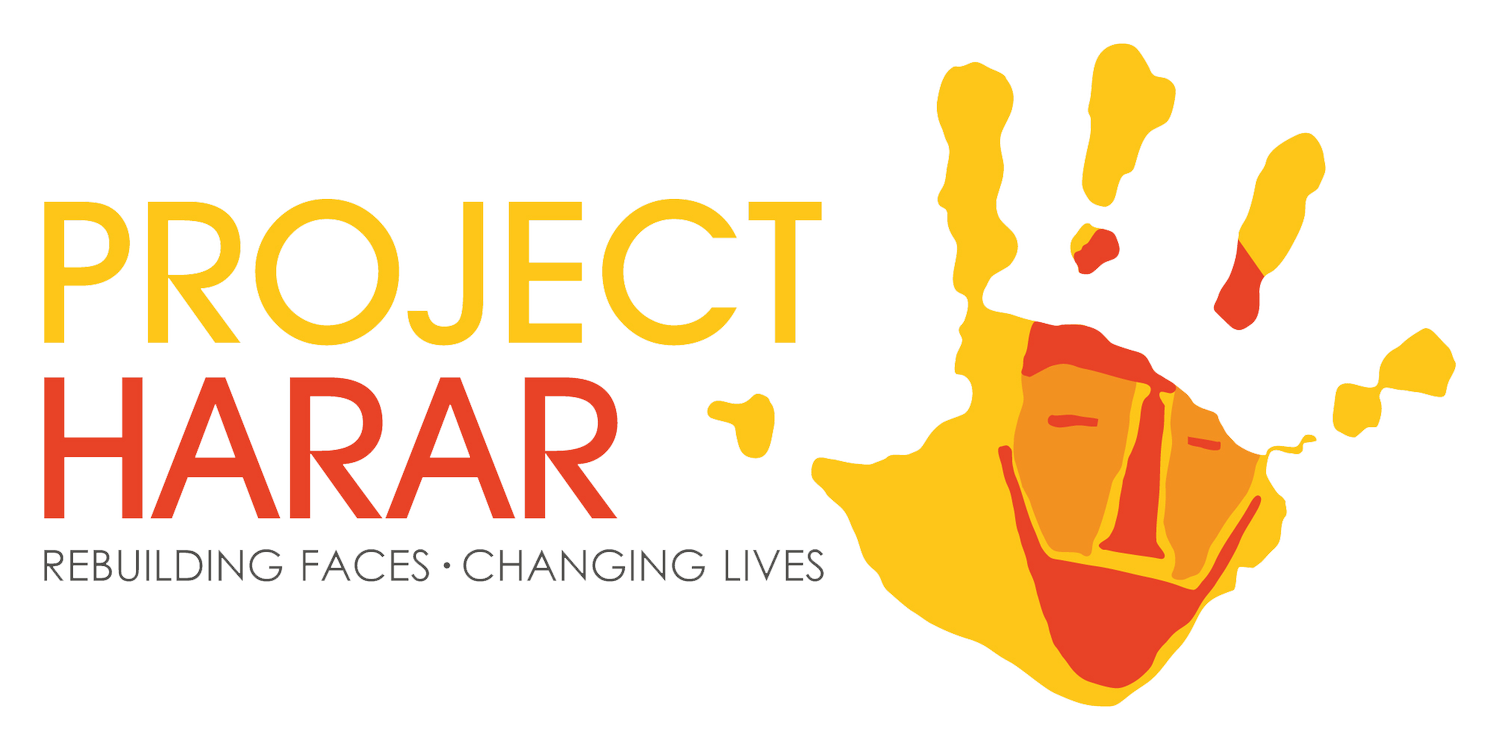Ayana’s Story
We first met Ayana when she and her mother Fatuma came to one of our partnering hospitals, Kadisco Hospital, to get both her cleft lip and palate treated at the start of May 2022. Ayana is 1 year and 7 months old and an only child to her parents.
Ayana and Fatuma’s story:
Ayana and her mother came from the Afar region. As we asked about their journey Fatuma told us, “It was a good journey, we didn’t face much of difficulties. We went from the region by transport and waited for Abraham (PH staff) there. After that we came with the other clients to Addis Ababa together.”
Fatuma shared some information with us about where they heard about Project Harar, the difficulties Ayana and her family faced, and what she wishes for her daughter by saying, “We heard from a relative who lives in Ambo. They told me how the programme in Ambo went and that I should contact the organization and get help for my daughter. After that I got in contact and I got a call for this programme.”
“I didn’t know anything about cleft lip and palate before I had my daughter. It was difficult and the most saddest part of our life because it was so new to me that I didn’t know how to feed her. The first time I tried to breastfeed it was painful for both of us. After I got advice on how to feed her, take care of her and how it can be fixed by the health extensions in the hospital where she was born I calmed down. I started to pump my breast and started to feed her until she was 6 months then I also started to give her Atmit, genfo and other traditional foods.”
Importance of nutrition especially for children with cleft lip and palate:
Everyone who needs cleft lip or palate surgery will have health checks at the hospital before their operation. In Ethiopia, young children need to meet a weight requirement to receive safe surgery, but other health factors also come into play, such as blood pressure.
Ayana couldn’t get surgery because when she went to health checkups, to see if she met the requirements to receive cleft lip surgery, her result came out as there is shortness of nutrition in her blood.
Her mother Fatuma got nutritional advice on what kind of foods she has to feed Ayana and how she can get back after her nutrition level is right to get surgery. Project Harar will follow up and give the treatment in the future.
The traditional Ethiopian diet — although products range from region to region — is rich in nutrients however in rural areas, there are often environmental, social and economic factors, that cause food insecurity. For example, flooding and drought can lead to crop destruction and although a large portion of the population lively hoods are built on agriculture, families who are experiencing economic hardships are sometimes inclined to sell the majority of their products, meaning their diets can become scarce and limited.
We are now able to deliver immediate nutritional support packs to families with undernourished children, during the part of our programme when we identify and arrange the travel for families who need to access cleft surgery.
We encourage families with undernourished children to try and incorporate variety in their diet and to seek out nutrient-rich food available in their area, such as teff flour, beans and pulses and leafy greens. The targeted nutrition packs we provide contain enriched produce, such as fortified milk powder, peanut butter and flour, that can be added to traditional dishes to encourage healthy weight gain. Milk powder is important for infants who cannot breastfeed because of their cleft lip and palate.



